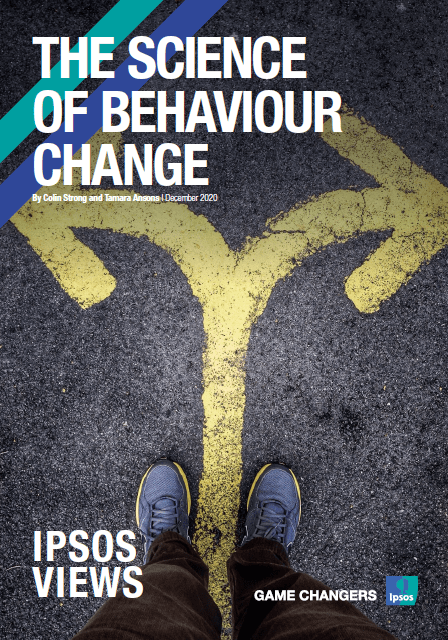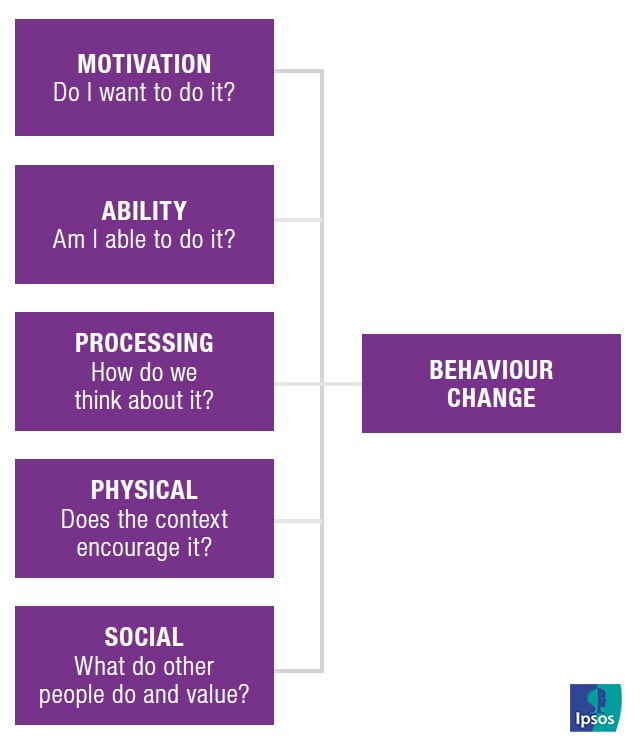The Science of Behaviour Change
 Governments, businesses and individuals are all interested in behaviour change for a range of reasons, but only recently is it becoming a discipline in its own right. Our understanding of the mechanisms underpinning behaviour is advancing while the contours of our environment are shifting due to large-scale trends such as climate change, digitisation, ageing populations, mass migration, and now, COVID-19.
Governments, businesses and individuals are all interested in behaviour change for a range of reasons, but only recently is it becoming a discipline in its own right. Our understanding of the mechanisms underpinning behaviour is advancing while the contours of our environment are shifting due to large-scale trends such as climate change, digitisation, ageing populations, mass migration, and now, COVID-19.
The way we view consumer behaviour must account for how people navigate their external environment, but in contexts that that are rapidly changing what worked yesterday might not work so well today.
 Our new paper outlines how we apply behavioural science to a behaviour change challenge, linking problems directly through to their solutions. We use a systems-based approach and our behaviour change framework called MAPPS to diagnose barriers, design interventions, and deliver them in the right way.
Our new paper outlines how we apply behavioural science to a behaviour change challenge, linking problems directly through to their solutions. We use a systems-based approach and our behaviour change framework called MAPPS to diagnose barriers, design interventions, and deliver them in the right way.
Ipsos has used this approach in a range of commercial and public sector contexts, including financial wellbeing, vaccination behaviour, cyber-security, recycling, public transport and cosmetics. This paper includes a case study on how to manage safe re-engagement with the economy as people began to resume normal activities after the first wave of COVID-19 lockdowns.
Find out more in our Ipsos Views paper “The Science of Behaviour Change”.
You can read more on the research behind our case study on behavioural support strategies to support re-engagement and risk mitigation during COVID-19.

